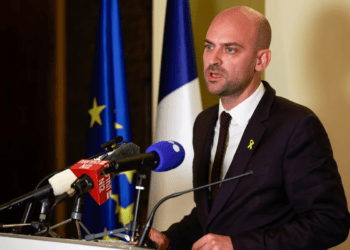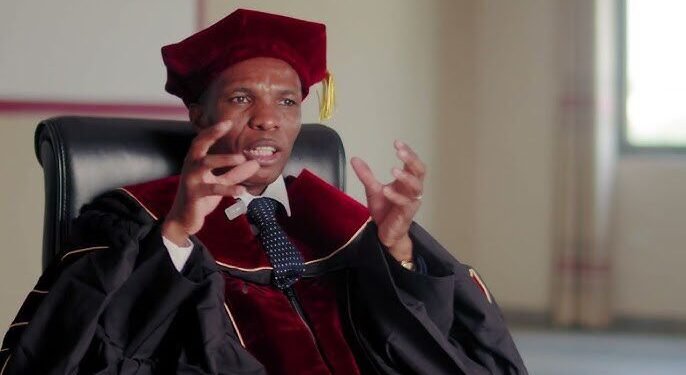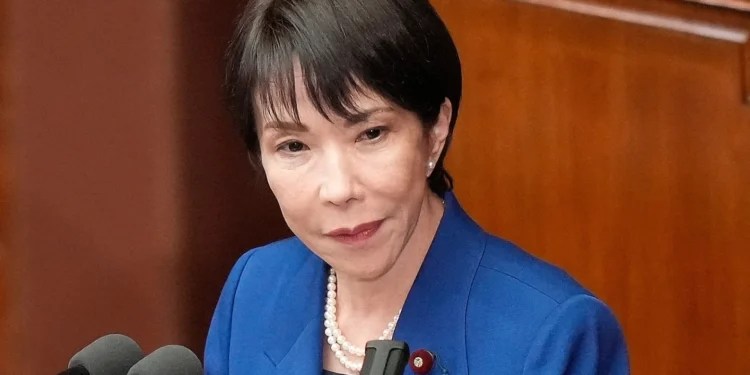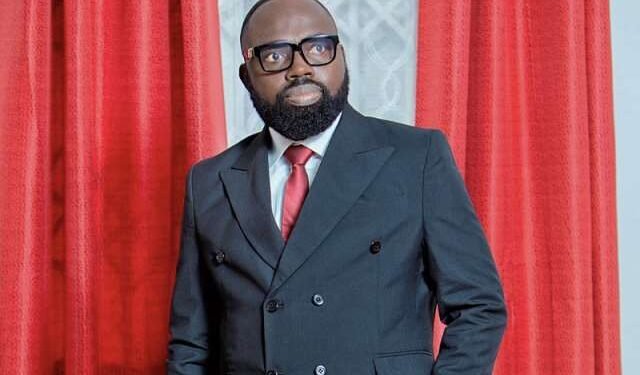The final communique of the G20 summit has drawn sharp criticism for its failure to call out Russia’s invasion directly and its watered-down language on the conflict.
The final agreed text from the summit in Brazil was significantly weaker than that of the previous year, only highlighting humanitarian suffering in Ukraine and the importance of territorial integrity.
The Ukrainian President, Volodymyr Zelenskyy, accused G20 leaders of failing to act after his Russian counterpart, Vladimir Putin, signed a decree easing Moscow’s rules for using nuclear weapons.
Accusing the G20 of failing to form a “strong strategy,” Zelenskyy said at a press conference, “Today, G20 countries are sitting in Brazil. Did they say something? Nothing.”
Olaf Scholz, the Chancellor of Germany, said that he was disappointed that the communique did not make any reference to Russia’s role in starting the conflict. “It is too little when the G20 cannot find the words to make it clear Russia is responsible,” he said at his press conference.
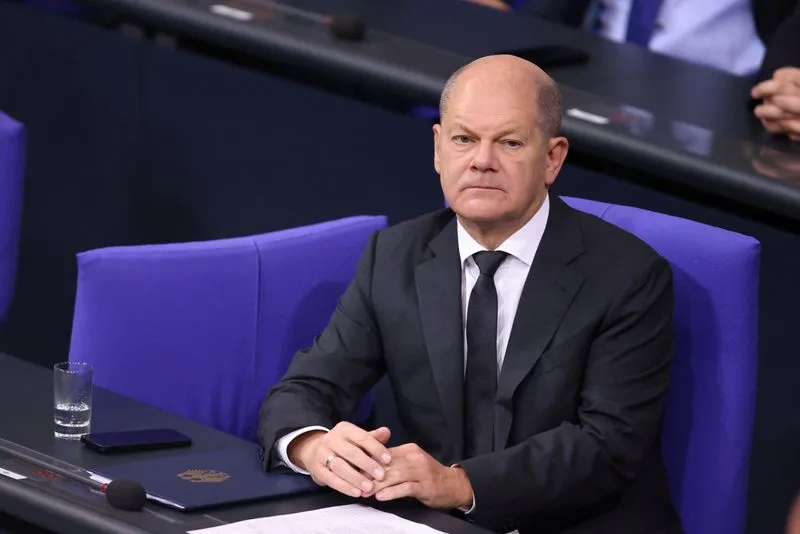
A spokesman for Keir Starmer, the UK Prime Minister, stated that the shift in language was “disappointing but not surprising.”
Starmer himself used a more diplomatic tone, saying it was important to include language on sovereignty but conceding that directly blaming Moscow was difficult while Russia was still part of the discussions.
Putin did not attend the summit in Rio de Janeiro for the third year running, but his Foreign Minister, Sergei Lavrov, was at the meeting.
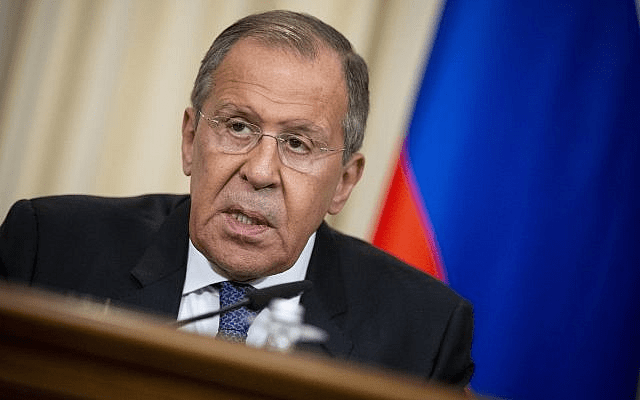
Canada’s Prime Minister, Justin Trudeau told reporters that G7 nations and advanced economies felt a much stronger statement was needed to reflect the “illegal invasion” of Ukraine by Russia.
He said that the final wording reflected the broader perspective of the G20 has broader perspectives but said, “It’s not strong enough for me.”
US, UK Unmoved By Russia’s Nuclear Doctrine Update
Meanwhile, U.S State Department Spokesman, Matthew Miller said that the US was not surprised by Russia lowering its threshold for a nuclear strike and does not plan to adjust its own nuclear posture in response.
Russian President Vladimir Putin formally lowered the threshold for using nuclear weapons, opening the door to a potential nuclear response by Moscow to even a conventional attack by any nation supported by a nuclear power.
Lavrov also urged the West to read a decree signed by Putin “in its entirety.” “I’m unfortunately not surprised by the comments the Kremlin has made around the publication of this new, revised document,” Miller said, adding that since the war began, Russia has sought to “coerce and intimidate both Ukraine and other countries around the world through irresponsible nuclear rhetoric and behaviour.”
He added that Washington has not seen any reason to adjust its own nuclear posture, but “we will continue to call on Russia to stop bellicose and irresponsible rhetoric.”
Meanwhile, the European Union’s top Diplomat, Josep Borrell accused Russia of issuing “completely irresponsible” nuclear threats.

He told reporters that it is not the first time that “Putin plays the nuclear gamble,” saying that any call for nuclear warfare is an irresponsibility.
The UK Prime Minister, Keir Starmer said that Russia was guilty of making “irresponsible rhetoric” after Vladimir Putin lowered the threshold for a nuclear strike.
He noted that Russia’s move is not going to deter “our support for Ukraine.”
Speaking about Russia in general, he said, “One nation stands apart. For the third year running, Putin did not attend this summit. He is the author of his own exile.”






